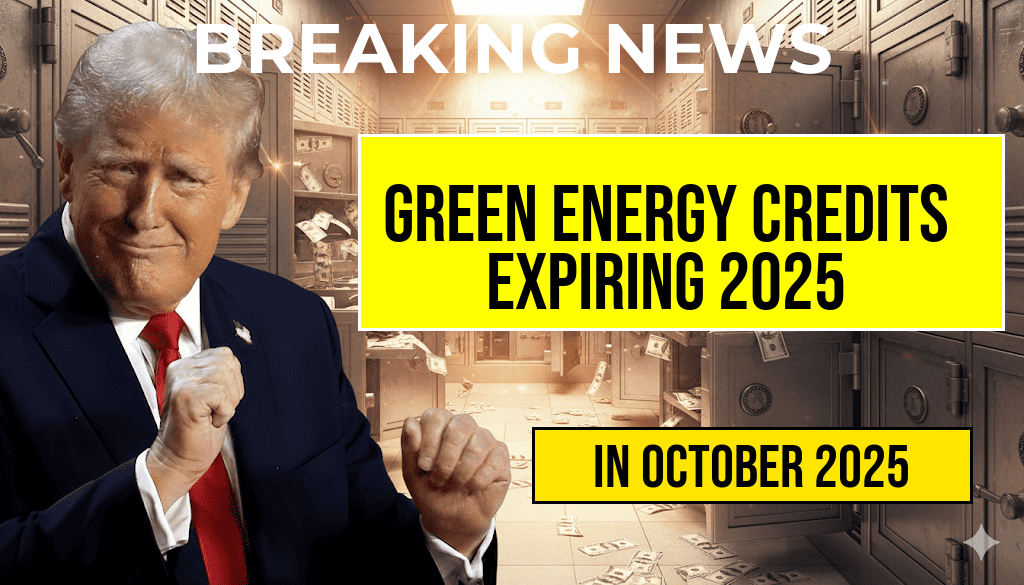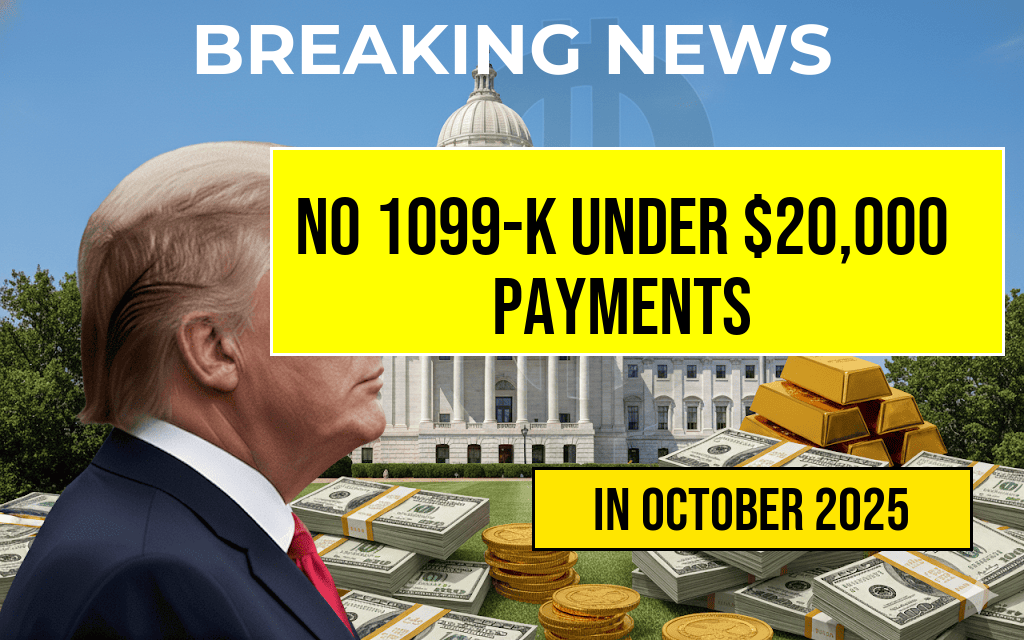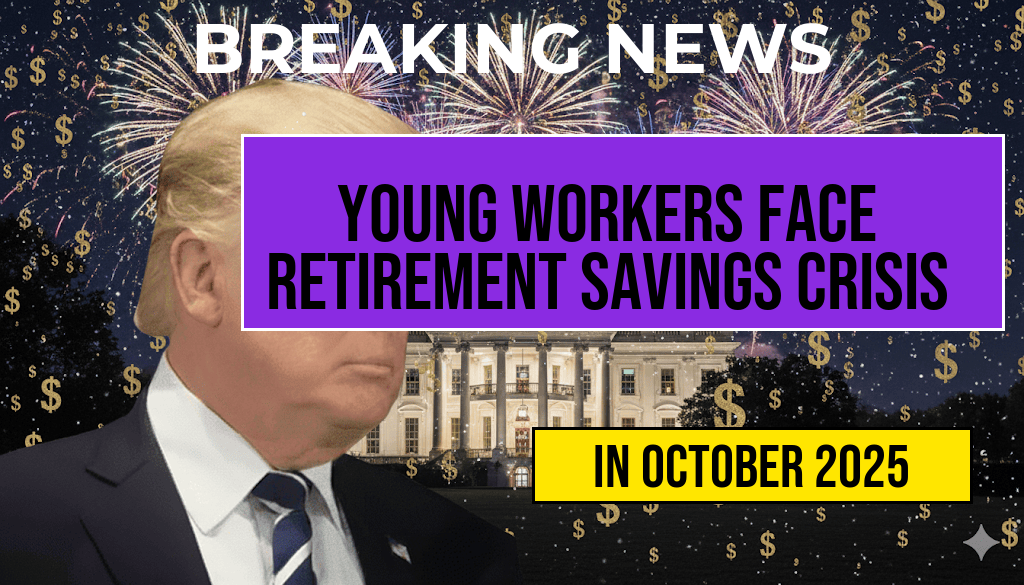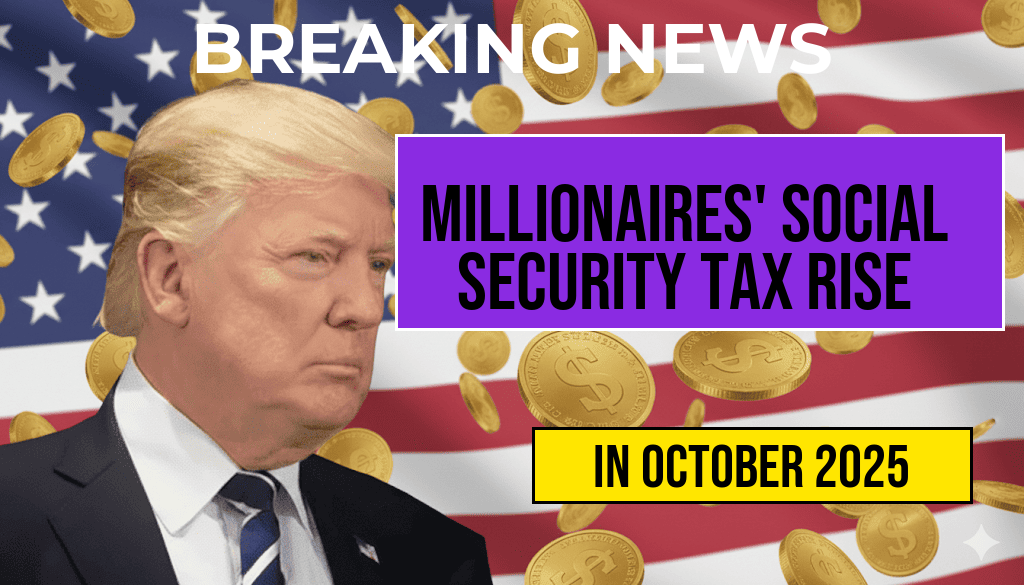Homeowners investing in renewable energy systems are facing a critical deadline as many green energy credits are set to expire in 2025. These federal incentives, which have historically lowered the upfront costs of solar panels, wind turbines, and other sustainable technologies, could significantly impact the financial viability of future projects. While some credits may be phased out or replaced with new programs, the current landscape underscores the importance of understanding the upcoming changes, potential tax benefits, and strategic planning options for homeowners considering or maintaining renewable installations. Experts advise that homeowners review their options now to maximize savings before these incentives sunset, especially as policymakers debate future support mechanisms for green energy investments.
Understanding Current Green Energy Credits and Their Expiration Timeline
Federal incentives such as the Investment Tax Credit (ITC) have played a pivotal role in making renewable energy more accessible to homeowners. Since its inception, the ITC has provided a dollar-for-dollar tax credit for a percentage of the cost of installing solar energy systems. The current structure phases down the credit over time, with a notable expiration date set for 2025.
The 2022 Inflation Reduction Act extended and expanded several clean energy incentives, but many of these benefits are scheduled to diminish or expire within the next couple of years. Specifically, the ITC for residential solar installations is set to decrease from 30% to 26% in 2023, then further reduce to 22% in 2024 before disappearing entirely for residential projects in 2025, unless legislative changes occur.
Similarly, other credits for wind, geothermal, and energy-efficient appliances face their own expiration timelines, creating a complex landscape for homeowners planning future projects or considering upgrades.
Potential Impacts on Homeowners and Future Tax Benefits
What Happens After 2025?
- Loss of Federal Incentives: Without the ITC, many homeowners might face higher upfront costs for renewable energy projects, potentially discouraging adoption.
- Shift Toward State and Local Incentives: Some states and municipalities may bolster their own programs to fill the gap, offering rebates, tax credits, or other financial incentives.
- Emergence of New Federal Policies: Policymakers could introduce alternative support mechanisms, such as performance-based incentives, tax credits for specific technologies, or subsidies aimed at broader energy resilience goals.
How Homeowners Can Prepare
| Action | Details |
|---|---|
| Review Existing Incentives | Assess current eligibility for federal, state, and local credits for ongoing or planned projects. |
| Consult with Experts | Engage with licensed solar installers or tax professionals to understand the best timing for installations. |
| Plan for Future Changes | Consider the potential impact of the expiration on project costs and explore alternative financing or incentive options. |
Legislative Outlook and Policy Developments
While the expiration of current green energy credits in 2025 is certain under existing legislation, ongoing debates in Congress suggest the possibility of new or extended incentives. Recent proposals aim to promote widespread adoption of clean energy technologies, with some suggesting transition pathways that include performance-based incentives or tax credits tied to energy savings and emissions reductions.
Stakeholders, including renewable energy advocates and industry groups, are lobbying for policies that ensure continued support for homeowners. The Investment Tax Credit remains a cornerstone of federal support, but its future beyond 2025 remains uncertain without legislative action.
Additional Resources for Homeowners
- U.S. Department of Energy: Guide to Federal Solar Tax Credits
- Forbes: What Homeowners Should Know About Expiring Clean Energy Incentives
- Wikipedia: Investment Tax Credit for Solar Power
Frequently Asked Questions
What are Green Energy Credits and how do they benefit homeowners?
Green Energy Credits are tax incentives provided to homeowners who invest in renewable energy systems, such as solar or wind power. These credits can reduce the overall tax liability, making sustainable energy investments more affordable and financially advantageous.
Why are Green Energy Credits expiring in 2025 significant for homeowners?
The expiration of Green Energy Credits in 2025 means that homeowners may no longer be able to claim these tax benefits after this date. This potential loss incentivizes homeowners to consider installing renewable energy systems before the credits expire to maximize savings.
Will there be any future tax benefits for green energy investments after 2025?
While current Green Energy Credits are set to expire in 2025, there is ongoing legislative discussion about extending or replacing these incentives. Homeowners should stay informed about potential new tax benefits or incentives that may be introduced to promote renewable energy adoption.
How can homeowners prepare to maximize tax benefits before the credits expire?
Homeowners should consider installing qualifying renewable energy systems before the 2025 deadline to benefit from current Green Energy Credits. Consulting with a tax professional or renewable energy expert can help ensure proper planning and documentation to maximize potential tax benefits.
Are there any alternative incentives or programs available for green energy investments post-2025?
Yes, some states and local governments offer additional incentives, rebates, or grants for renewable energy projects that may continue beyond the expiration of federal Green Energy Credits. Homeowners should explore regional programs and stay updated on new policies to continue benefiting from green energy investments.






